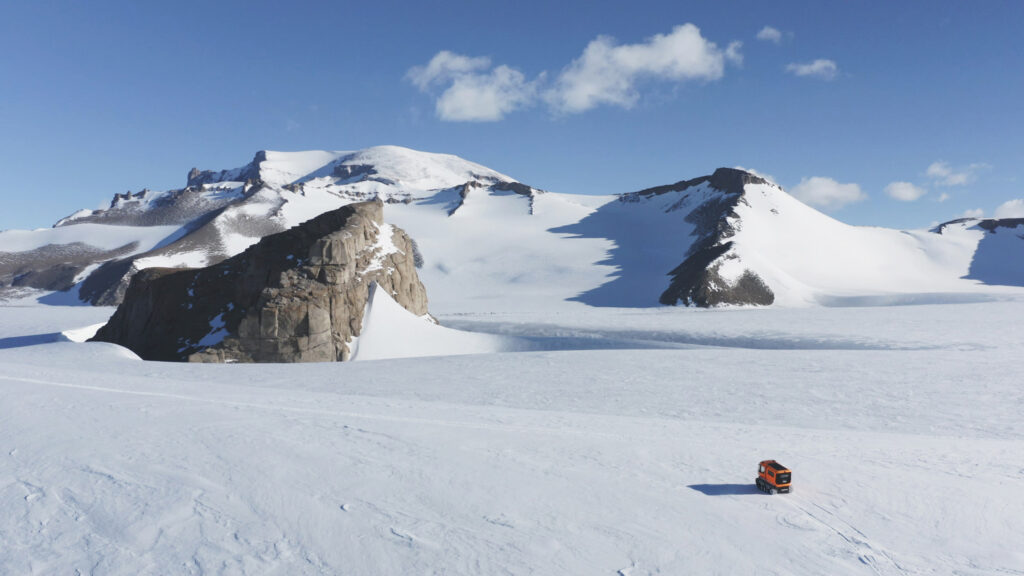The record melting of Antarctic sea ice in early 2023 would have been extremely unlikely without climate change, according to a study published on Monday.
Global warming induced by human activity has quadrupled the risk of such an occurrence, previously estimated to happen once every two thousand years, according to scientists from the British Antarctic Survey. The melting of the sea ice now threatens to unbalance ocean and weather patterns and have an adverse impact on unique Antarctic ecosystems.
In 2023, the maximum extent of sea ice, which melts in summer and refreezes in winter, was nearly two million square kilometres less than the average winter amount. That's equivalent to four times the size of France, the British observatory notes.
While this melting does not immediately affect sea levels, as sea ice is formed from pre-existing saltwater, its absence does expose the extremities of the Antarctic ice sheet – a huge mass containing enough freshwater to trigger catastrophic sea level rises if fully melted – to the assault of waves.
Furthermore, sea ice, being white, reflects more of the sun’s rays back into space than the darker ocean, so its absence intensifies global warming as fewer rays are deflected.
Until recently, the extent of Antarctic sea ice remained relatively stable despite annual fluctuations, in contrast to the North Pole, where melting has been significant since the 1970s. However, the record melt in 2023, following seven successive years of greater-than-normal melting, signals the start of a downward trend in the Antarctic as well.
The probability of ice recovery in upcoming years was another aspect explored in the study, published in the Geophysical Research Letters journal. Even after 20 years, it does not fully regain its original level, main author Rachel Diamond explained, indicating that the average surface area of the ice around Antarctica could remain relatively low for decades.
The repercussions would be profound, particularly regarding regional and global weather conditions, as well as the unique ecosystems of the Southern Ocean, including whales and penguins, said co-author Louise Sime.
This extensive melting led to record chick fatalities in emperor penguin colonies in 2022 and 2023 due to the lack of sea ice in summer to support their initial steps until they could develop their waterproof feathers.

